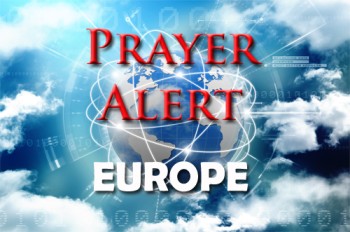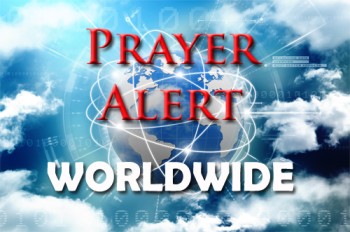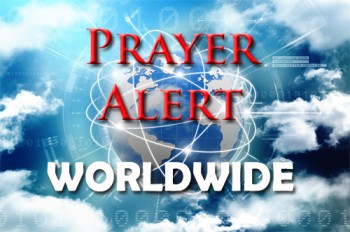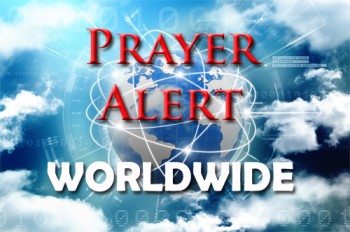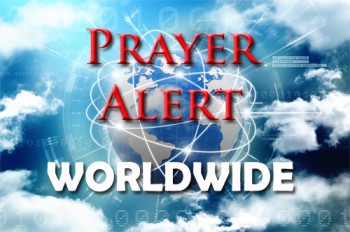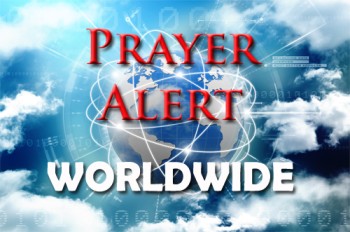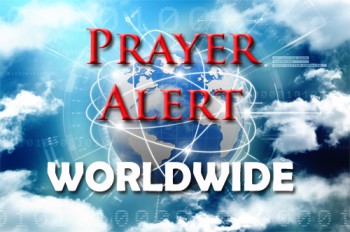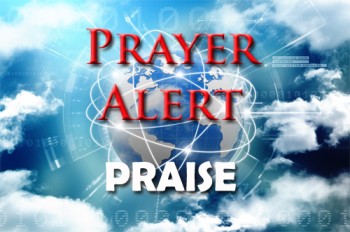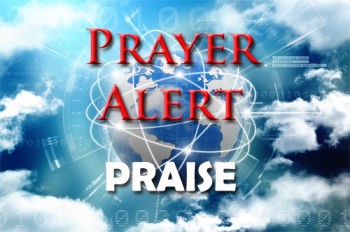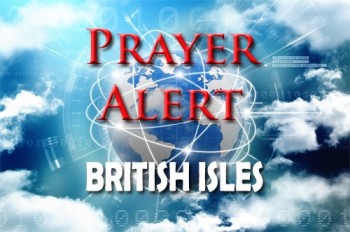Venice: Jeff Bezos forced by protesters to change wedding plans
Protesters in Venice have claimed an ‘enormous victory’ after forcing US billionaire Jeff Bezos and guests to move their wedding celebration away from the city centre. The three‑day event, featuring A‑list guests like Kim Kardashian and Leonardo DiCaprio, sparked anger over the overt display of wealth and the strain caused by such a huge event. The group No Space for Bezos, supported by activists and environmental campaigners, celebrated the shift as a symbolic win for locals against wealthy elites. One activist said it demonstrated how ordinary citizens can challenge even the powerful. Venice, grappling with rising seas and rising rents, has long been a flashpoint for debates about sustainable tourism and economic equity. City authorities criticised the protest, citing the benefits that wealthy visitors bring. Yet activists insist that the issues of over‑crowding, rising costs, and climate vulnerability must be addressed. The wedding itself will of course proceed, but for many Venetians, this moment has highlighted urgent questions about the future of their historic city.
Iran: Trump admits to doubt on damage to Iran’s nuclear sites
After a US bombing campaign targeting Iran’s nuclear facilities, Donald Trump and US defence secretary Pete Hegseth offered conflicting assessments of its impact. At first, Trump claimed total obliteration, later suggesting the damage might have been ‘moderate’ or ‘severe’, while a leaked Pentagon assessment concluded the setback was only a matter of months. CIA director John Ratclife insisted that critical sites like Fordow had been rendered inoperable for years, while Israel announced that the strikes had pushed Iran’s programme back significantly. Meanwhile, questions emerged about Iran’s highly enriched uranium, some of which appears to have been moved prior to the attacks. The IAEA warned that different estimates of how long it will take Iran to rebuild distracted from the larger issue of long‑term non‑proliferation, and the risk of Iran expelling inspectors and leaving the non-proliferation treaty altogether.
Trump’s strikes on Iran harden North Korea’s nuclear resolve
Donald Trump’s decision to authorise airstrikes on three Iranian nuclear facilities has strengthened North Korea’s belief that nuclear weapons are vital for regime survival. While both nations seek deterrence, North Korea’s approach is rooted in preserving the Kim regime itself, backed by its extensive nuclear and missile arsenal. A US strike on that arsenal is highly unlikely, due to the country’s ability to target Seoul and US interests in the Indo‑Pacific. Its deeply buried nuclear facilities and alliances with Russia and China further complicate any potential attack. Experts have warned that Trump’s decision has had a significant impact on Pyongyang’s foreign policy, strengthening its belief that possessing nuclear weapons guarantees survival. With deepening mistrust of the USA, North Korea will be even less likely than before to change its belligerent attitude.
Syria: attack on Damascus church shakes Christian community
A deadly attack on the Mar Elias Church in Damascus on 22 June has shaken Syria, especially its Christian community. At least 25 people were killed when an armed man opened fire and detonated a suicide bomb. The attack, claimed by both IS and another group, has spotlighted serious security concerns for Syria's new government. Labour affairs minister Hind Kabawat called for unity, stressing the shared pain of Christians and Muslims. The end of Bashar al-Assad's brutal regime was meant to usher in a hopeful era, yet the recent attack raises questions about the new president, Ahmed al-Sharaa, and his ability to protect religious minorities. Despite promises of inclusivity, tensions and mistrust linger. The Mar Elias attack intensifies fears that minorities may be forced to leave the country, highlighting the fragile nature of Syria's recovery. The government's response to these security and sectarian threats will define its legitimacy and shape its future.

